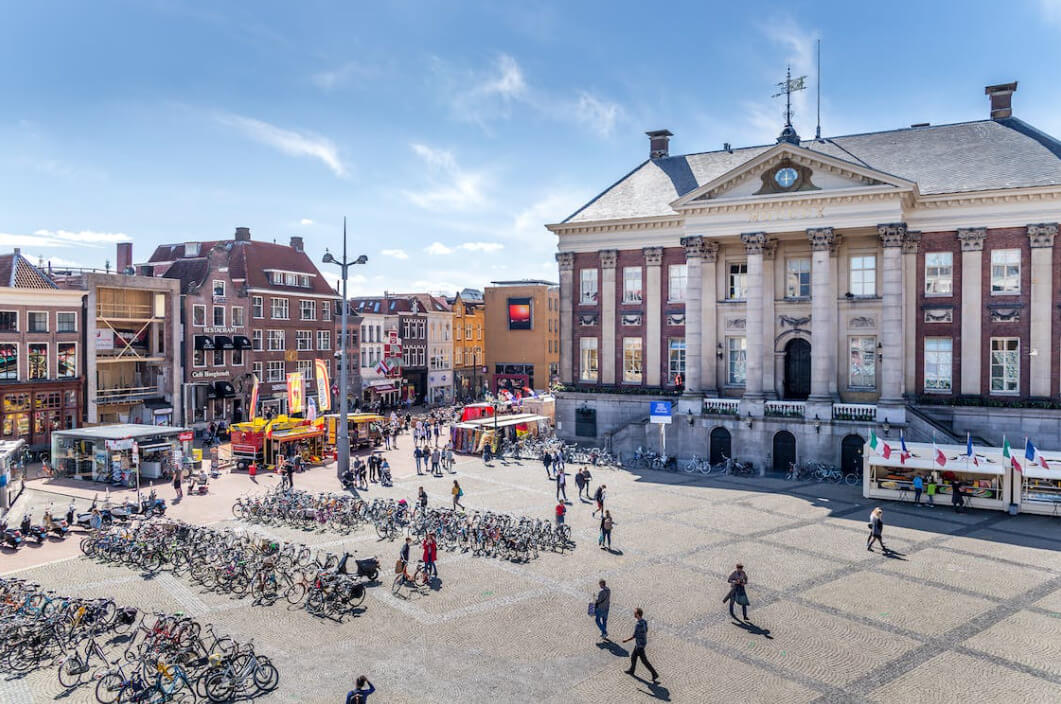PhD microplastics and lung cancer

The vacancy is within the group of Prof. Barbro Melgert at the department of Molecular Pharmacology, Groningen Research Institute of Pharmacy, Faculty of Science and Engineering, University of Groningen. The Melgert lab focuses on understanding, preventing, and treating respiratory diseases, with a particular emphasis on how environmental exposures such as microplastics contribute to disease mechanisms. This new project specifically targets the role of microplastics in the development of lung cancer and is conducted in close collaboration with the lab of Dr Stefan Prekovic (UMC Utrecht).
The department’s laboratories are well equipped for molecular biology, cell biology, immunology, organoid culture, and omics-based analyses, offering an excellent research environment for a PhD candidate interested in environmental toxicology, cancer biology, and translational respiratory research. The working language in the labs is English.
Founded in 1614, the University of Groningen enjoys an international reputation as a dynamic and innovative institution of higher education offering high-quality teaching and research. Flexible study programs and academic career opportunities in a wide variety of disciplines encourage the 34,000 students and researchers alike to develop their own individual talents. As one of the best research universities in Europe, the University of Groningen has joined forces with other top universities and networks worldwide to become a truly global center of knowledge.
Project aim
This project is part of a ZonMw-funded collaboration between the Melgert and Prekovic labs and aims to uncover how environmental microplastics—tiny plastic particles that have been found in human lungs—may contribute to lung cancer development. Recent findings show that synthetic fibers such as nylon and PVC impair lung epithelial differentiation and induce cellular behavior associated with cancer initiation.
The goal of this PhD project is to unravel how microplastic exposure alters lung epithelial cell fate and promotes early steps in lung tumor development. You will use cutting-edge techniques including lung organoid models, single-cell transcriptomics and epigenomics, and CRISPR-based genetic perturbation.
Key objectives include
- Investigating how microplastics affect epithelial differentiation and promote features such as neuroendocrine transformation and cell proliferation.
- Dissecting the interaction of microplastics with cancer driver mutations (e.g. KRAS, TP53, MYC, SOX2) in organoid models.
- Identifying transcription factors and regulatory pathways that are modulated by microplastic exposure using scRNA-seq and scATAC-seq.
- Validating potential therapeutic targets or biomarkers related to microplastic-driven transformation.
The PhD candidate will work closely with researchers from both Groningen and Utrecht, and interact with experts at TNO (microplastics material specialists). This position is embedded in a multidisciplinary consortium investigating the environmental drivers of lung cancer and offers a strong translational and societal impact component.






